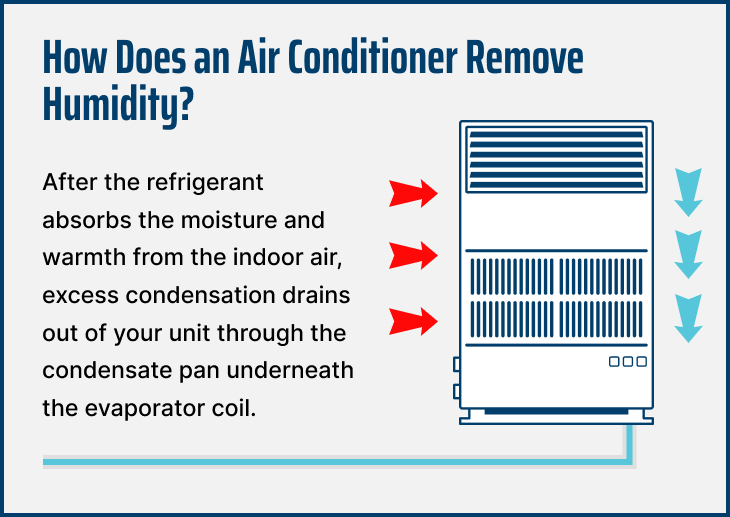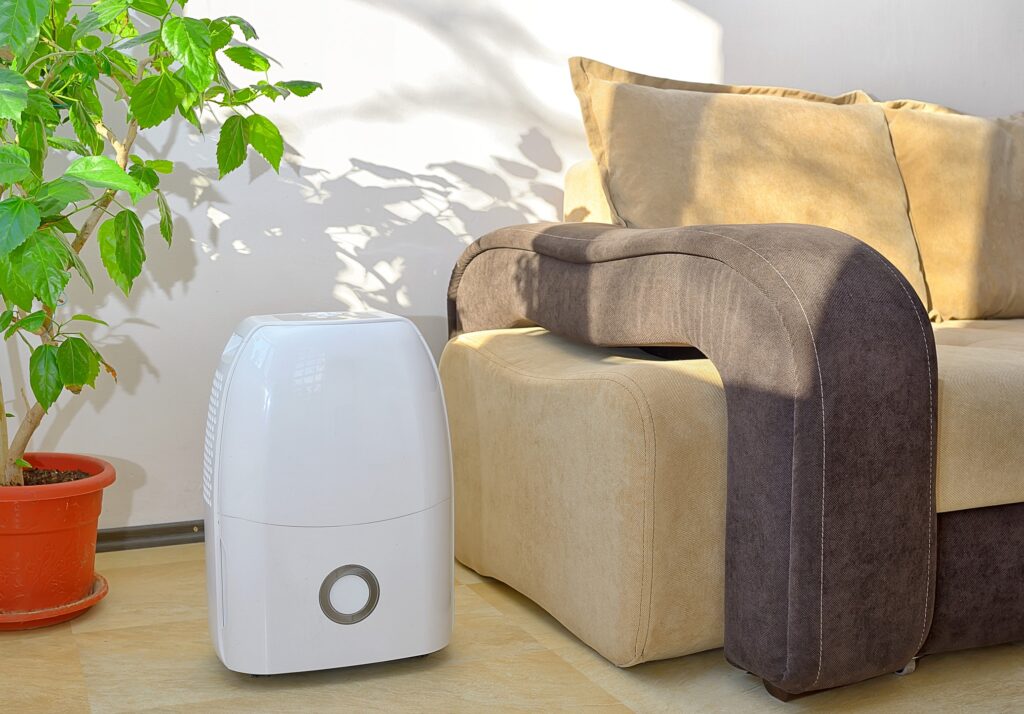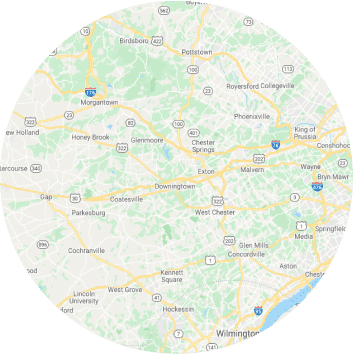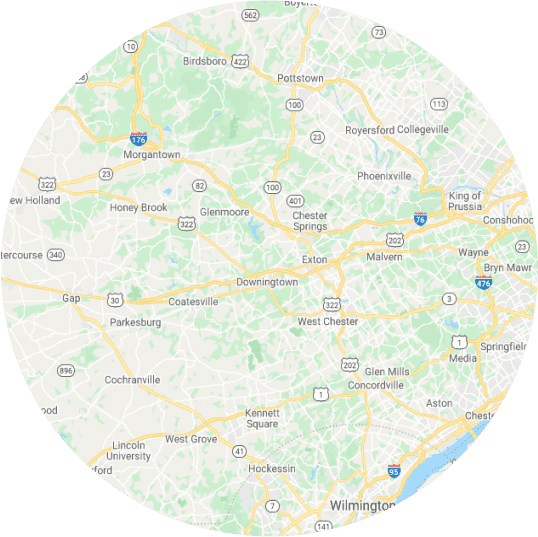Does Air Conditioning Remove Humidity?

The ideal indoor humidity level ranges from 30% to 50%. Too high of a humidity level can cause a lot of problems in your home, such as mold growth, a musty odor, peeling paint or wallpaper, visible water stains, and more. To ensure your home has healthy indoor air quality, it’s important to have the right level of humidity or your indoor air quality can worsen and become stale.
One of the great things about air conditioning is it cools your home and also regulates indoor air quality. To give you more detail about this topic, the pros at Mattioni have written a quick guide covering this issue.
How Your Air Conditioner Works
Before you learn whether your AC removes humidity, it’s important to understand how your AC works. Indoor air goes through the vents and registers in your home and reaches your air conditioner’s evaporator coil. The coil contains refrigerant, a cooling agent, which circles through your AC unit, changing between its liquid and gaseous form. When air blows over the evaporator coil, the refrigerant absorbs the heat from the warm indoor air and cool air blows into your home.
Your AC removes the warmth AND the moisture from the indoor air. After the refrigerant absorbs the moisture and warmth from the indoor air, excess condensation drains out of your unit through the condensate pan underneath the evaporator coil.
Air Conditioners Do Remove Humidity
Yes, your air conditioner does remove humidity from the air. Well-maintained air conditioners help to keep your relative humidity between 30% and 50% — the ideal level. As long as you run your air conditioner regularly enough to keep your home cool, it will also keep humidity levels in check. But how much does it remove? The answer is dependent on a number of factors. If you live in an excessively humid area, your AC will struggle to keep up, meaning you may need to implement a dehumidifier as well.
How Can I Prevent Excess Humidity?
Some homes may be too humid, even with the help of an air conditioner. Factors such as climate and poor ventilation can cause your home to be excessively humid. Additionally, things like long showers, running the laundry and dishwashers too often, and plumbing leaks can all lead to higher levels.
If this is the case for you, you may need to combine other methods along with your AC to keep humidity in check. If humidity is still a problem in your home, there are several ways you can prevent it, including:
Dehumidifiers
This appliance is a great way to regulate the humidity in your home. If you live in a particularly humid climate, a dehumidifier might be a helpful purchase! You can opt for whole-house dehumidifiers or smaller ones that focus on one area or room in your home.
Proper Ventilation
By having proper ventilation through exhaust fans, you can ensure the air in your home isn’t stale and sticky. In addition to using exhaust fans, crack open a window occasionally.
Wipe Down Excess Water
If moisture tends to collect in certain places in your home, such as your bathroom or kitchen, use a towel or squeegee to wipe down areas such as the walls of your shower or around your kitchen sink. This can prevent mold growth.
Learn How To Control Humidity With Mattioni!
We hope this blog helped answer any questions you have about your AC and humidity. With our VIP membership, you can get more for your bucks on HVAC maintenance in the Downingtown, PA, area. If you want to learn more about how to reduce excess humidity in your home, get in touch with the pros at Mattioni! Our highly qualified professionals will be more than happy to assist you!
Call us today at 610-400-8510 or schedule a service online!






